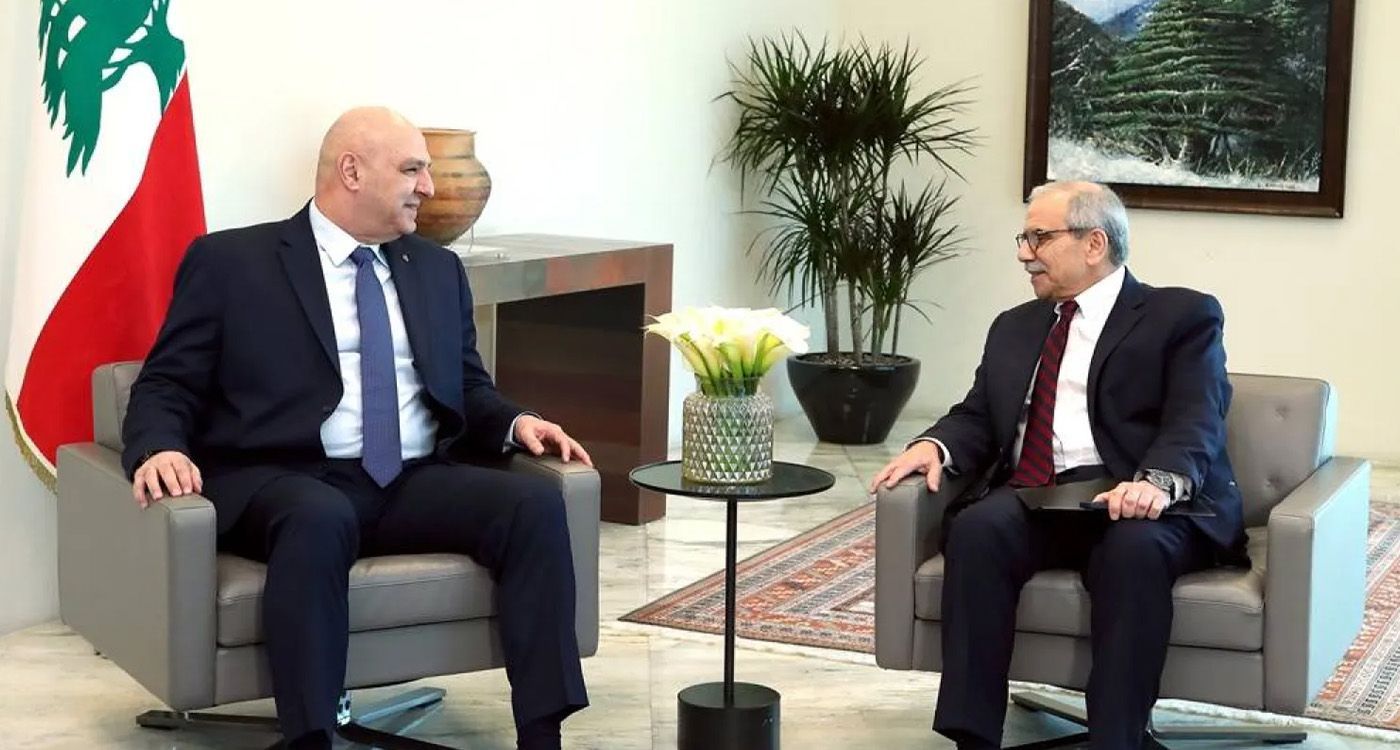
Politics are ever-changing, particularly in a volatile region like the Middle East. No power or faction can maintain dominance indefinitely. The formation of the first government under President Joseph Aoun is a striking illustration of this reality, particularly in the case of Hezbollah.
This new cabinet marks a clear break from the political fallout of Hezbollah’s violent coup on May 7, 2008. At the time, the pro-Iranian party sought to reverse the momentum of the March 14-led governments (sovereigntists) — born from the Cedar Revolution in the wake of Rafic Hariri’s assassination on February 14, 2005 — whose rallying cry was Lebanon First. Back then, Hezbollah's militia stormed West Beirut and the mountain regions of Chouf and Aley, strongholds of the Future Movement and the Progressive Socialist Party.
This bloody coup, which left over a hundred dead, led to the Doha Conference in Qatar. After intense negotiations, Lebanese political leaders agreed on a roadmap: the election of General Michel Sleiman as President, the formation of a "national unity government" led by Saad Hariri and a deal granting Hezbollah-Amal and their allies (the Free Patriotic Movement, the Marada party and figures close to the Assad regime) a blocking third in the Council of Ministers. In exchange, Hezbollah pledged not to topple or paralyze the government — a commitment it later disregarded entirely.
The Doha agreement marked a turning point in executive governance. Subsequent governments either granted Hezbollah a blocking third or allowed it to control the Council of Ministers. The Salam government breaks this specific precedent, ending nearly 17 years during which Hezbollah acted as the orchestrator of the executive branch through its local collaborators.
The government composition, unveiled on February 8, signals for the first time since May 2008 that Hezbollah no longer controls the Cabinet. The Hezbollah-Amal tandem finds itself isolated and in the minority. Traditional allies, including the Free Patriotic Movement, the Marada party and figures aligned with Iran, have been excluded, as have remnants of the old Syrian regime such as the Syrian Social Nationalist Party (SSNP) and the local Ba'ath Party.
The Salam government can be categorized into four key blocs: Hezbollah-Amal; the Lebanese Forces, the Kataeb party and sovereigntist-aligned ministers; ministers close to the President; and a group directly appointed by the Prime Minister. Hezbollah lost control of several critical ministries: Foreign Affairs, Energy, Industry and Telecommunications (now held by the Lebanese Forces and allies); Justice (Kataeb); Public Works and Agriculture (Progressive Socialist Party); and Defense (a close associate of President Aoun).
This double blow — both in numbers and influence — suffered by Hezbollah is a direct and inevitable consequence of multiple internal and external factors: a crushing military defeat, the collapse of its political and security apparatus, the devastation caused by the reckless war against Israel launched on October 8, 2023, under false pretenses; the fall of Bashar al-Assad; Iran’s loss of Syria as a strategic stronghold; the unraveling of the "Shiite Crescent" from Tehran to Beirut’s southern suburbs via Baghdad and Damascus; and, most notably, the rise of President Donald Trump and his Republican hawks, who reactivated the "maximum pressure" campaign on Iran.
The road ahead is still long, and time is of the essence. The challenge now lies in launching an ambitious program for institutional, political, socio-economic and diplomatic recovery. The Ministry of Foreign Affairs is expected to play a crucial role in repositioning Lebanon on the Arab and international stage, repairing the many missteps of the post-May 7 era.
Ultimately, this recovery must be guided by the fundamental priorities outlined by President Aoun in his inaugural address. Achieving this goal will require the concerted efforts of all factions and individuals who recognize the urge to prioritize state-building over militia rule and the transnational agenda of a de facto mini-state.




Comments